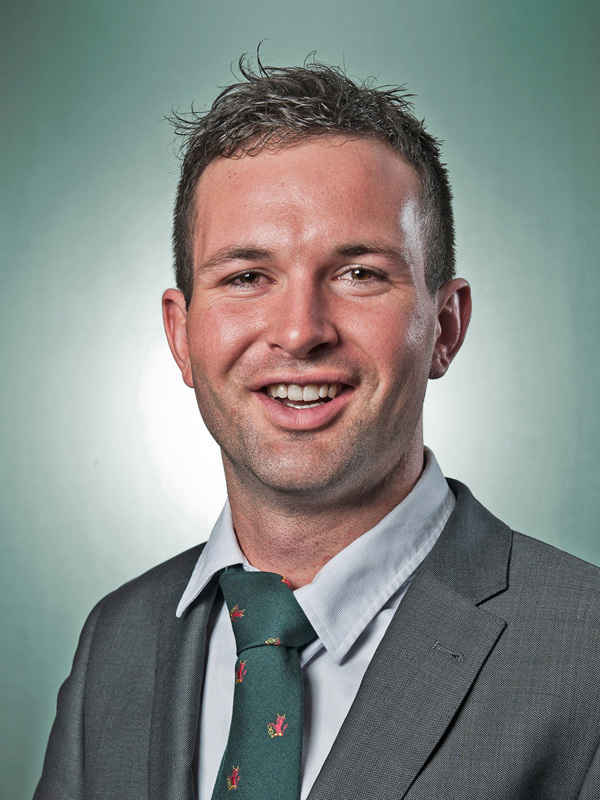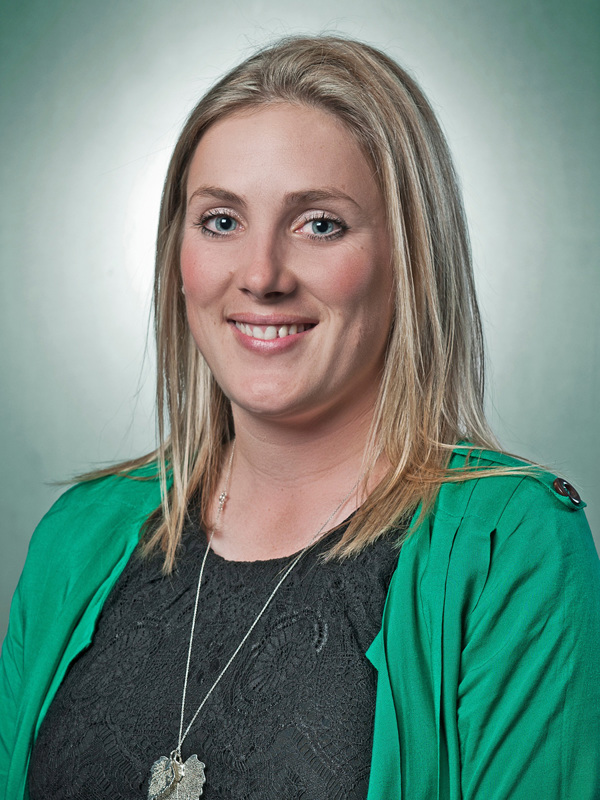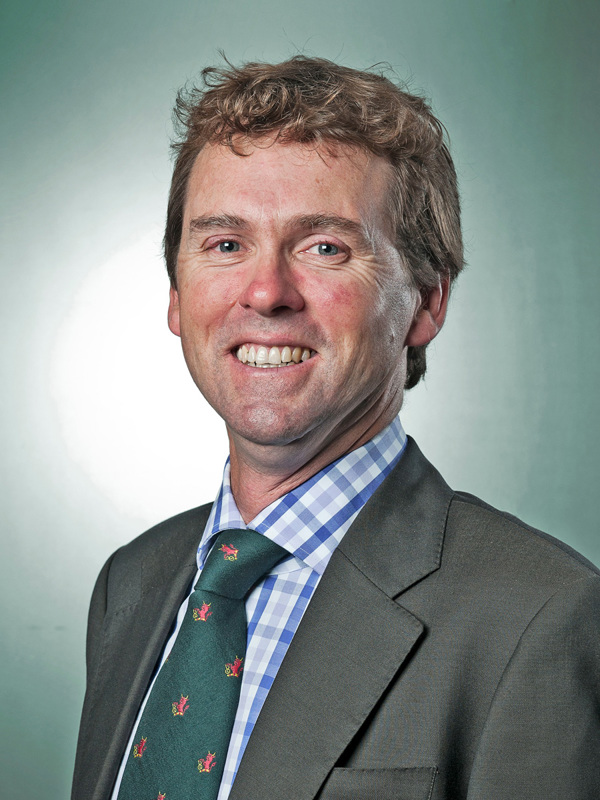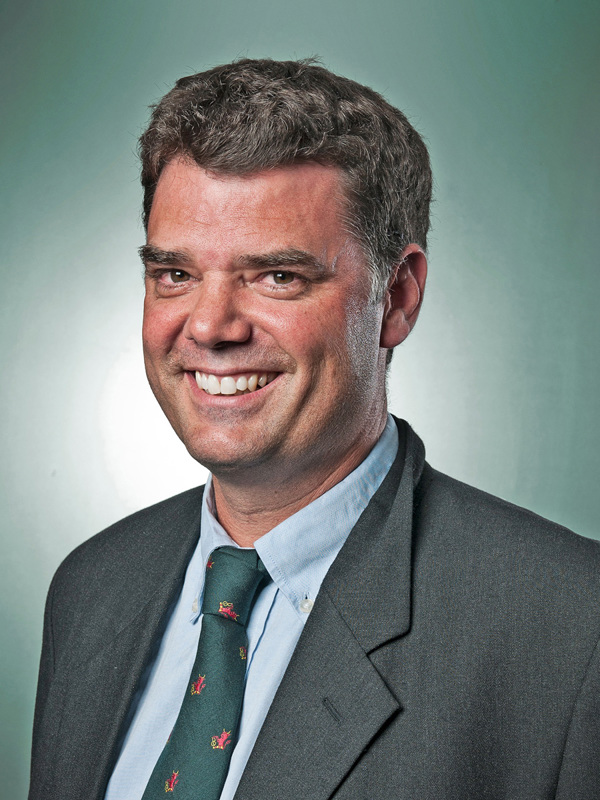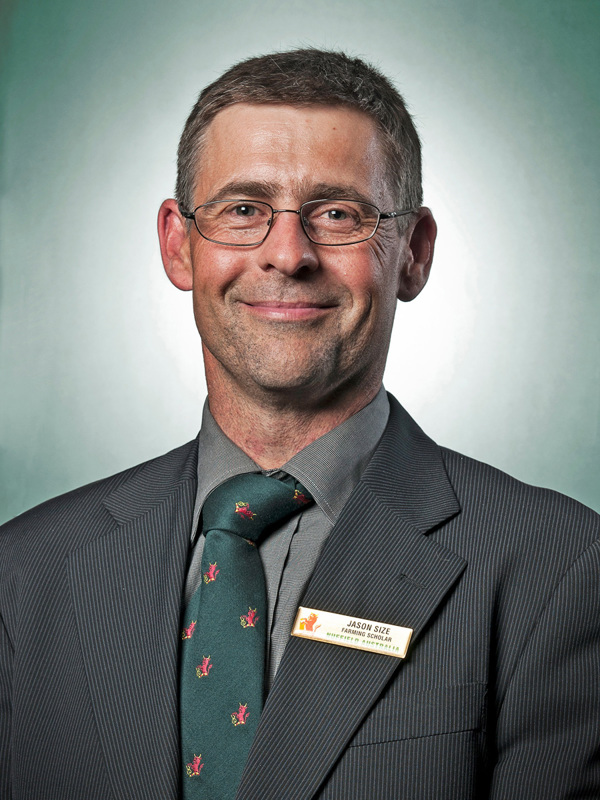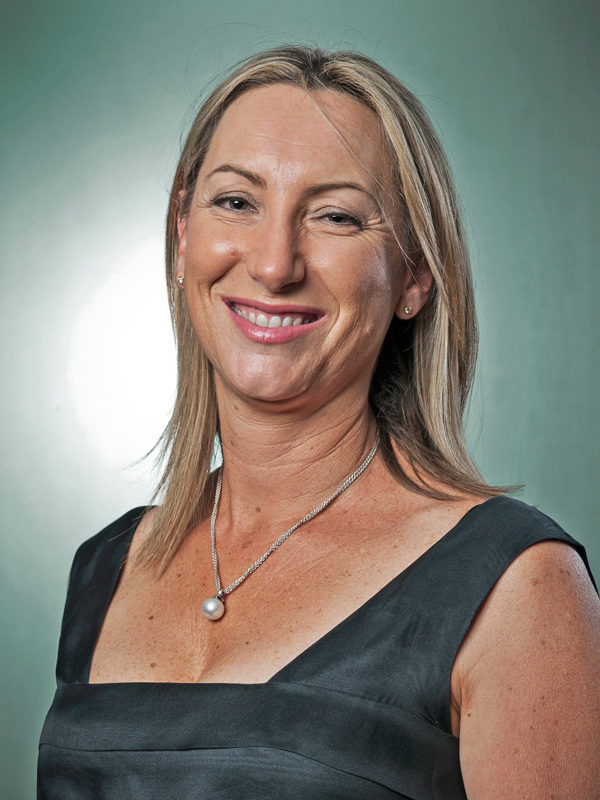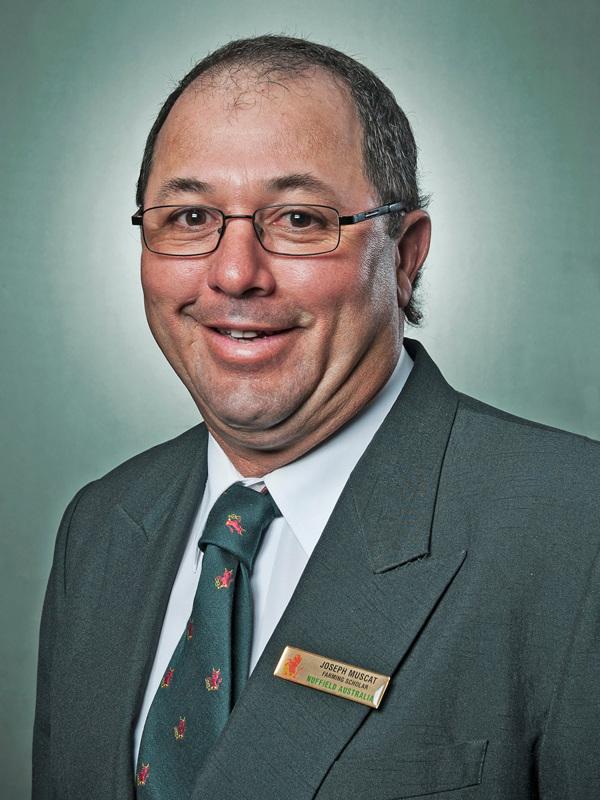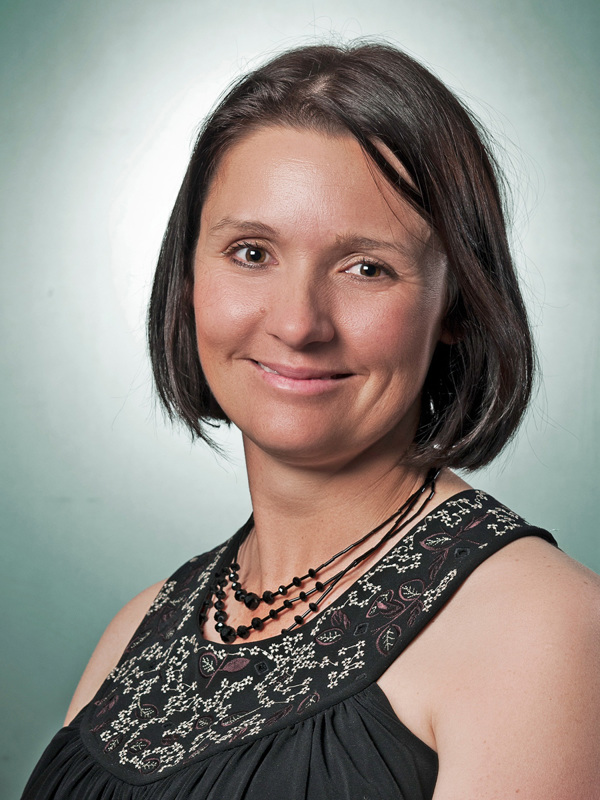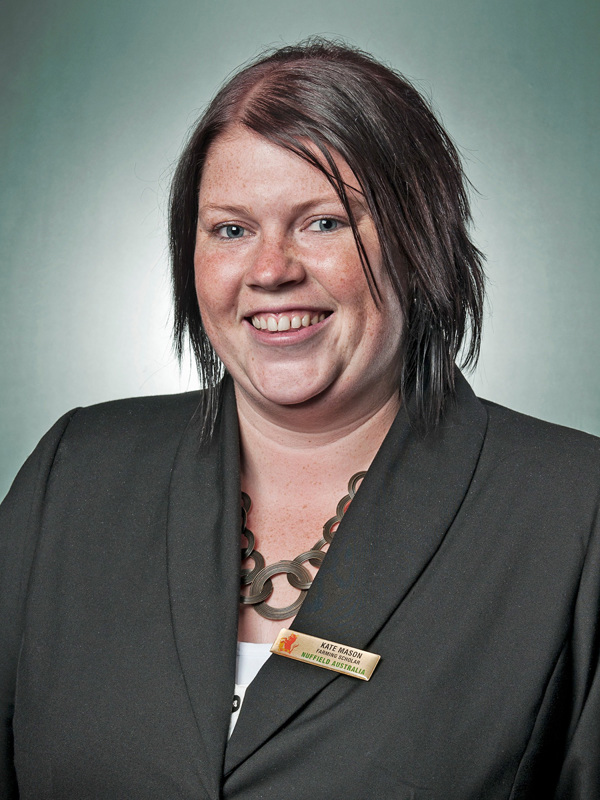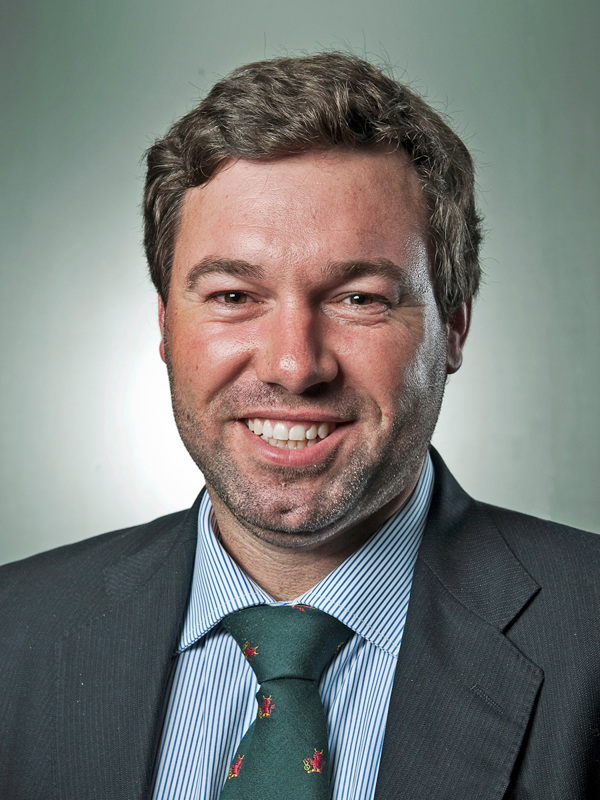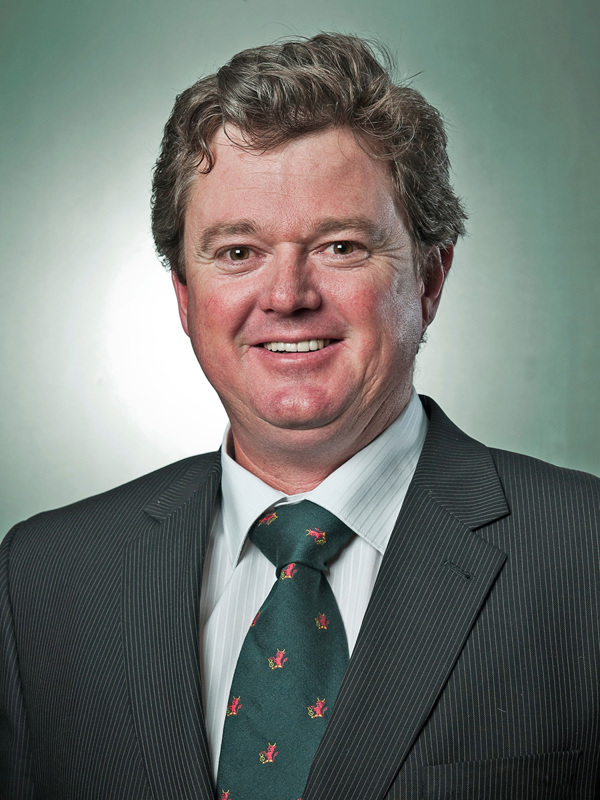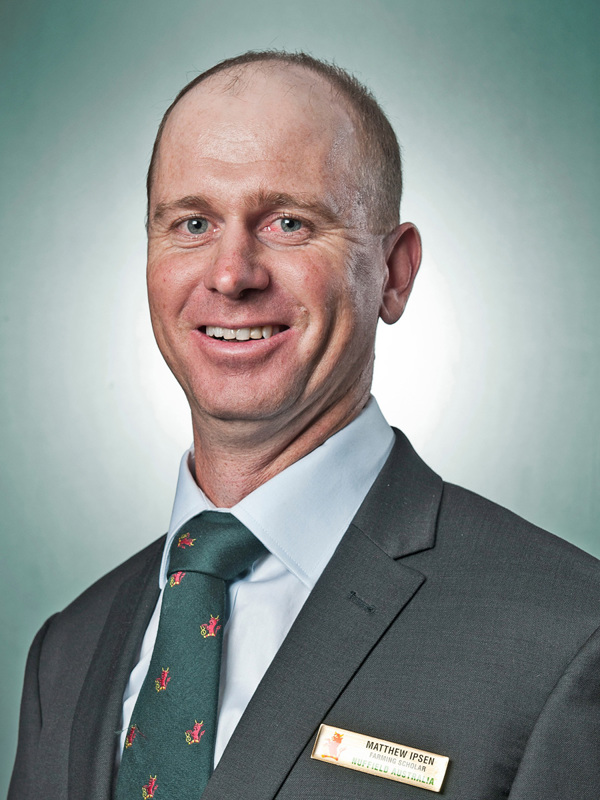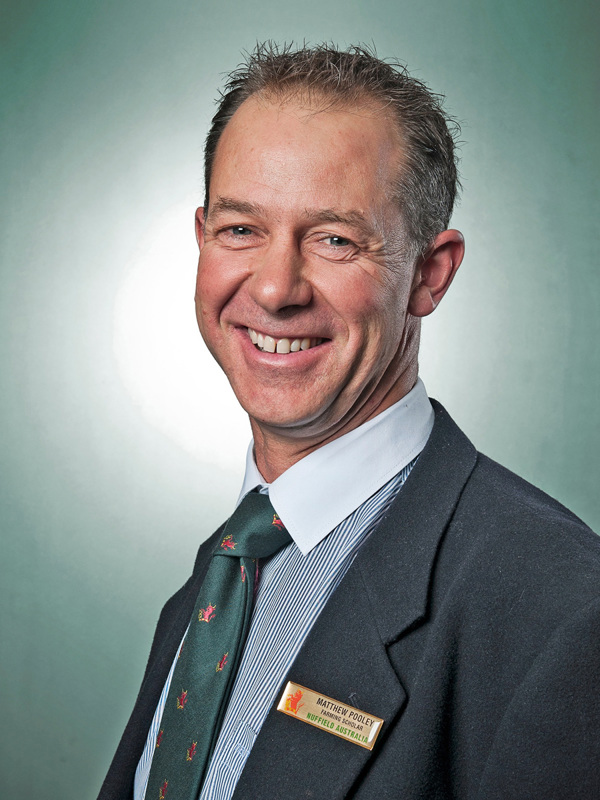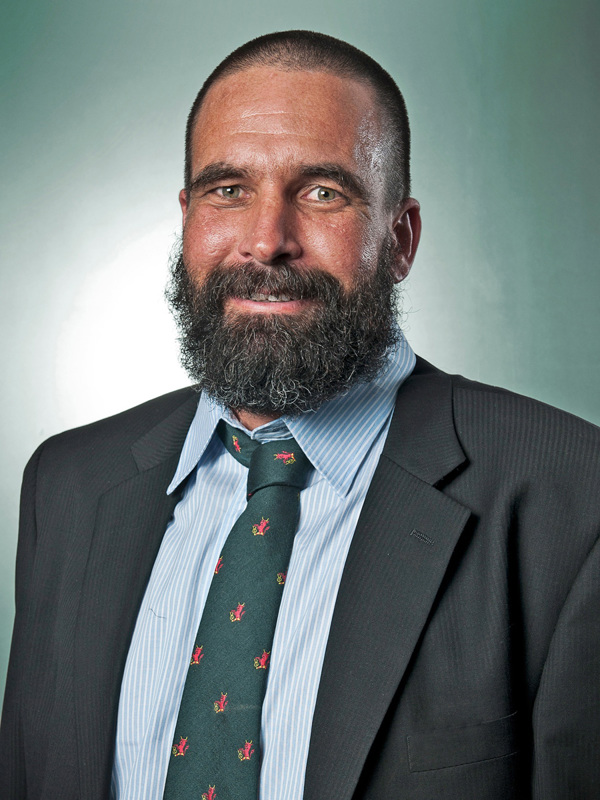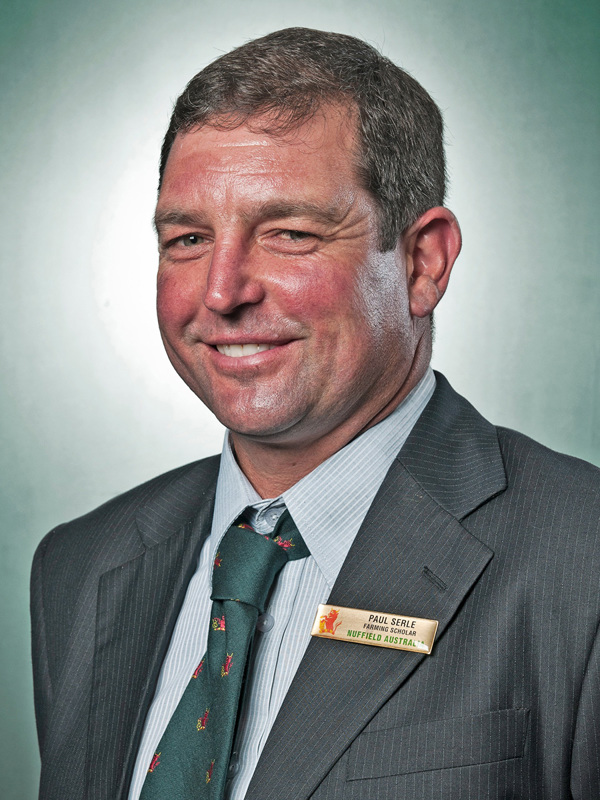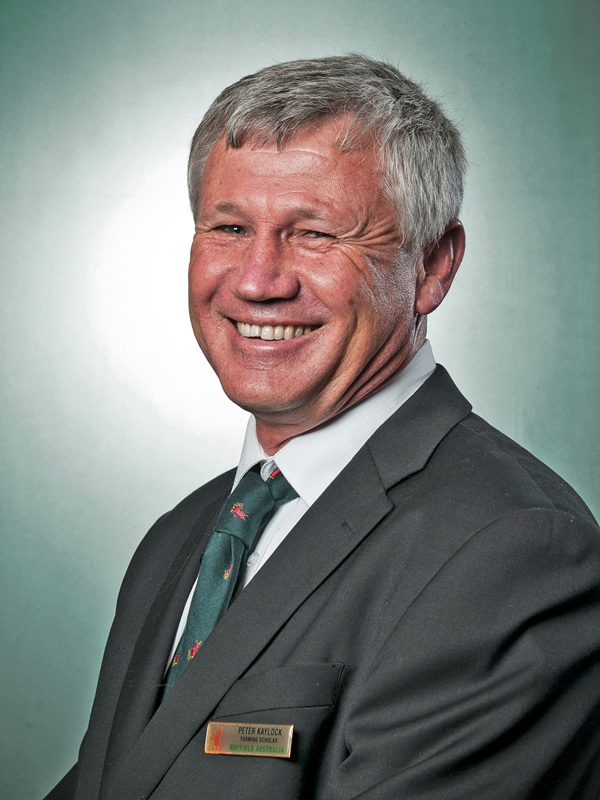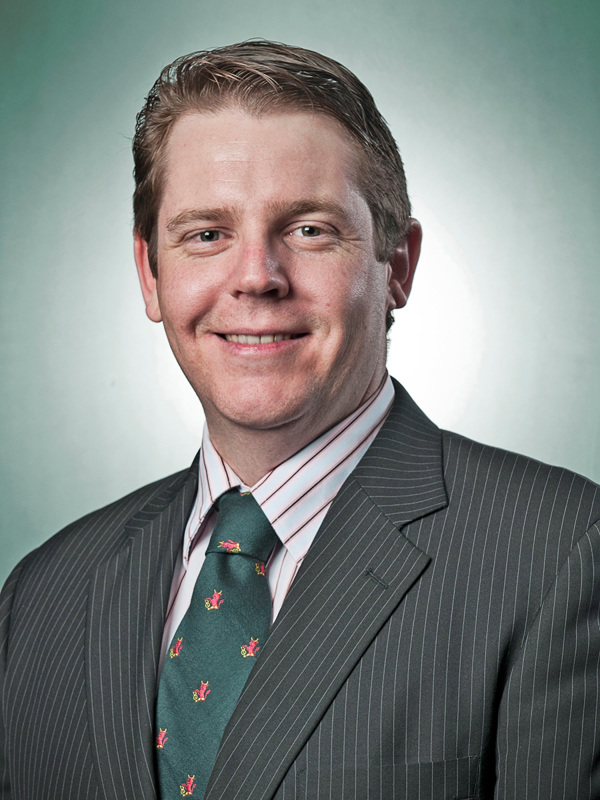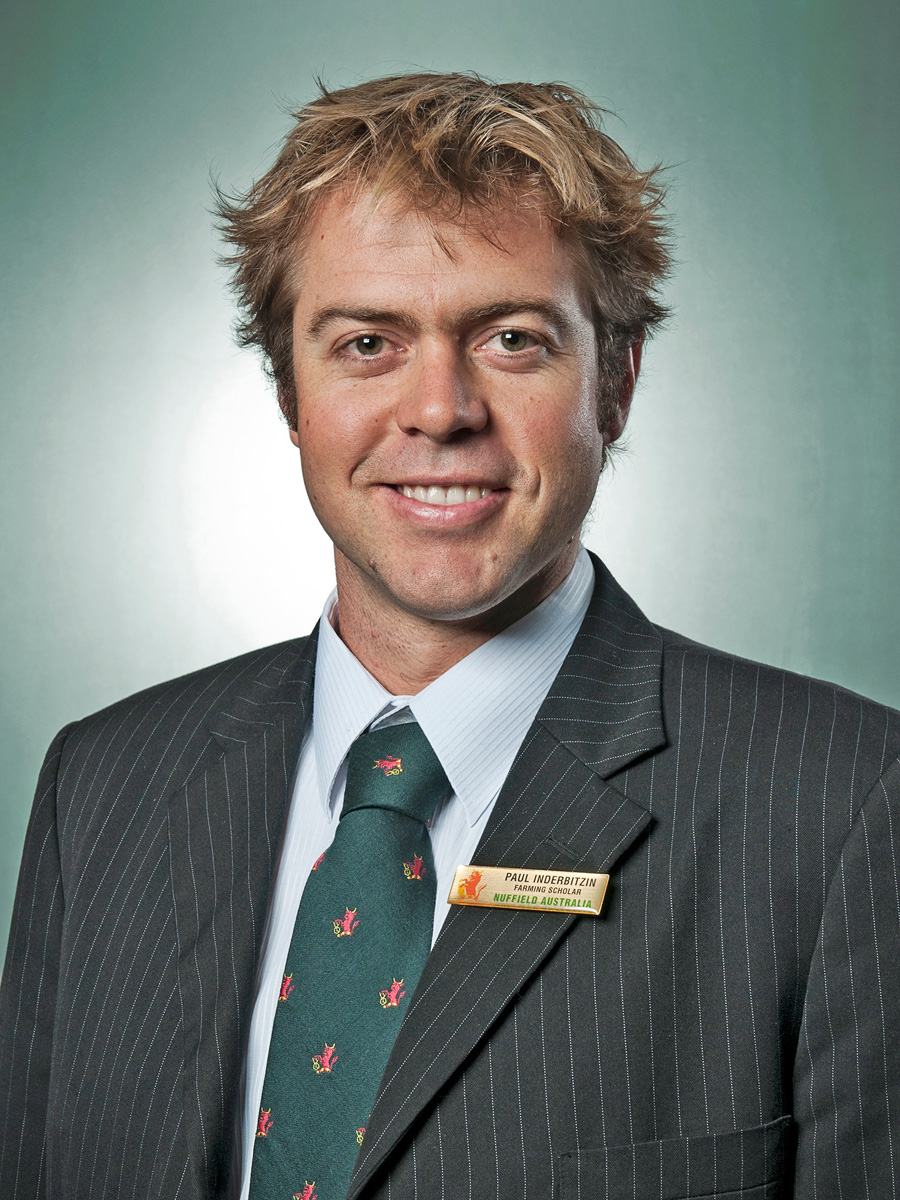
Paul Inderbitzin

Whether it’s for environmental or financial reasons, banana grower Paul Inderbitzin is convinced strict biosecurity and waste reduction in his industry is critical. Recognising the key role good biosecurity practices play in sustainable banana farming, Paul used his scholarship to investigate both biosecurity and fruit quality, which by extension impacts on waste management. The Lakeland farmer says there are a whole range of reasons improving waste management in bananas is a good idea.
“I investigated what can we do with waste once it comes to the packing shed, how we can minimise it in the first case and also dealing with plastic waste from our farming system. Firstly it’s a financial thing – reducing the amount of waste and the amount of fruit that we throw away is a key element to my study. Secondly, it’s definitely environmental – all farmers want to consider their capital, the environment that they live and work in, as they earn off the land,” he explains.
He started with a visit to a banana farm in Darwin that was operating with Panama Tropical Race 4 disease. He then headed to Asia, visiting Malaysia, Taiwan and China, before touring the UK, Martinique in the Caribbean, Costa Rica and finally Columbia. He says the Australian industry needs to continue to be a leader in biosecurity best practice and keep being a part of the global fight against Panama Tropical Race 4.
“Banana growers need to communicate the threat Panama Tropical Race 4 poses to our industry – community awareness is necessary to ‘bring the message home’ and Governments need to work with us. Banana growers need to spend the money in the paddock – protect the bunch, protect the bunch, protect the bunch!” he emphasises. The shed is not a hospital – if you’re bringing bad quality fruit into the shed you are going to end up with waste, so let’s spend the money out in the field and do everything we can to protect the fruit there. If we do have waste, put it back on the paddock as quickly as possible, or compost it using biological inoculants to speed that break-down process up. I would also say that central to our on-farm strategy is old-school discipline – when you’re there doing a job, do it properly, do it once and move on and that’s going to save us a lot of wastage,” Paul says.
As for new technology that could make a difference on his north Queensland banana property, Paul is excited about some innovative opportunities to value-add plastic waste, or at the least recycle it.
“While I didn’t find any equipment on my travels I’m going to use on our property in at least the immediate term, perhaps in five years the technology of taking plastic waste and turning it into diesel may be an option for us – however there are a lot of hoops to jump through before we can do that,” he concludes.
Investor Information:
Hort Innovation, using the Banana Levy and matched funds from the Australian Government
